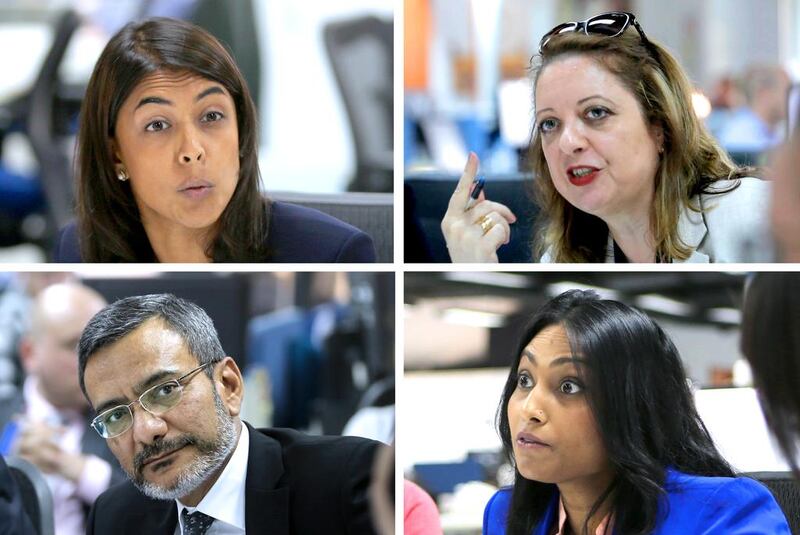I have worked as a chef for seven years in the UAE and my monthly income is Dh15,500. I have an outstanding bank loan of Dh240,000 and I also have credit cards with different banks amounting to Dh280,000. I need a debt consolidation loan so that I can close my credit cards but this is not possible due to the Central Bank’s regulations. Every month my money goes toward my credit cards and now I don’t have enough money to pay them and I cannot support my family. What should I do for this situation? I want to pay them back but they call me and ask me to pay more than my salary. If I ignore them until I find the money I will be sent to jail. Which bank can help me close these debts so that I am only paying back one bank? My life is now in darkness. PP, UAE
Debt panellist 1: Jamal Alvi, chief credit officer at Abu Dhabi Islamic Bank
The level of debt is very high – 34 times his salary. This individual should approach the bank where his salary is domiciled. That bank should be able to offer a restructuring solution with a possible debt consolidation for his credit card debt.
Debt panellist 2: Keren Bobker, The National’s On Your Side columnist and an independent financial adviser with Holborn Assets
This is a tough position to be in but there may be steps he can take. The interest rates on credit cards are usually much higher than on personal loans so it might be an option to consolidate to pay a lower rate of interest and thus reduce the monthly payments. The question is whether PP is able to obtain a loan of the size required with suitable repayments.
Central Bank regulations state that an individual should not have borrowings that exceed 50 per cent of their income but we regularly see cases where this limit has been exceeded. In this case PP should not have repayments in excess of Dh7,500 per month which may be difficult to achieve on total borrowings of Dh520,000. Some lenders will allow a repayment period of up to 120 months (10 years) which would reduce the monthly repayments but would cost more over the long term. It is not ideal to extend borrowings for so long but if such a term is available it could alleviate the issue in the short term and that is the current priority due to the potential consequences.
It is useful if the loan agreement permits overpayments or allows for early redemption without penalties and PP should ensure that he is fully conversant with all the conditions. Before taking on such a loan, does he have any other options? Are there any family members who can assist by lending him some money? This could at least mean that he needs to borrow a lower amount.
I sincerely hope that a UAE bank will assist as many say that they want to help borrowers so this is an ideal opportunity. The fact that PP has publicly stated that he wants to repay the borrowings and is requesting help rather than ignoring the issue should be in his favour.
It is essential that PP does not use the credit cards or consider any other borrowings until such time as he has repaid these debts. He also needs to focus on living within his means so as not to get into further difficulties. Is he able to increase his earnings, either by changing job or doing some overtime? Are any family members able to assist? Can he reduce his outgoings in any way? When times are tough all potential options must be considered and some tough choices made.
The Debt Panel brings together four financial experts: Jamal Alvi, the chief credit officer at Abu Dhabi Islamic Bank (ADIB); Ambareen Musa, the founder and chief executive of the comparison website Souqalmal.com; Rasheda Khatun Khan, a wealth and wellness planner and founder of Design Your Life; and Keren Bobker, The National’s On Your Side columnist and an independent financial adviser with Holborn Assets in Dubai. Together they answer queries in a weekly online column to help readers better tackle their debts. If you have a question for the panel, write to pf@thenational.ae.
pf@thenational.ae
Follow us on Twitter @TheNationalPF






